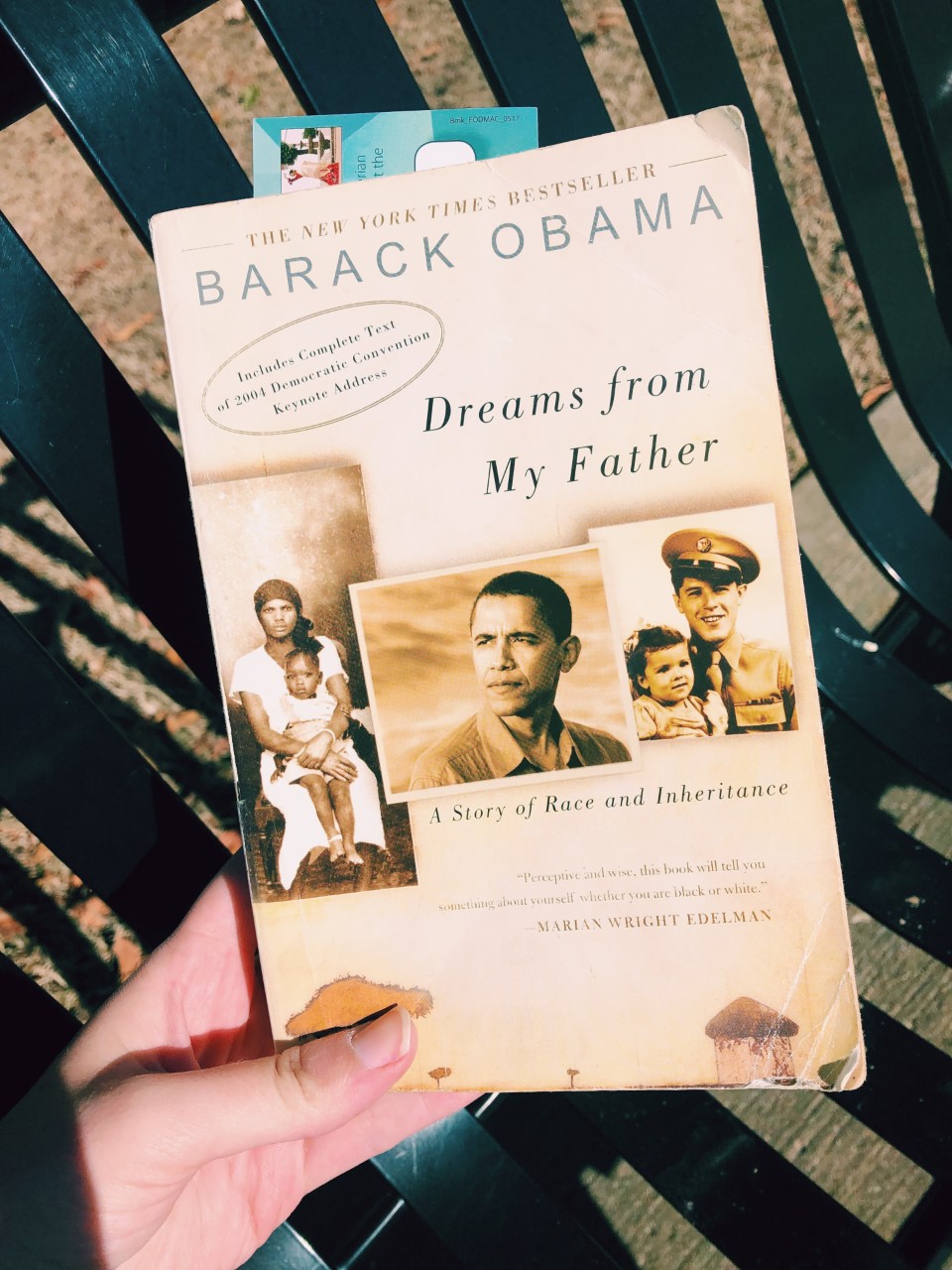February may be our shortest month, but we still had several authors to choose from as we continued with our Author Birthday Read Aloud Series. This blog will include the ones featured on the library’s Instagram, plus a few others.
Langston Hughes was born on February 1st, 1901. I (Rachel) read three poems from The Collected Poems of Langston Hughes. Over 800 poems are featured in this book, and they’re written over a span of five decades.
Laura Ingalls Wilder was born on February 7th, 1867. Amber read a portion of On the Banks of Plum Creek, but we have several other titles written by her in our collection.
Jules Verne was born on February 8th, 1828. Darius read a portion from 20,000 Leagues Under the Sea. If you like this book, you may also enjoy Daughter of the Deep, which drew inspiration from Verne’s classic tale and was written by Rick Riordan.
Jacqueline Woodson was born on February 12th, 1963. She mostly writes for children and adolescents, but adults can also enjoy and learn from her works. Some of her titles we have here are as follows: Brown Girl Dreaming, The Year We Learned to Fly, and Red at the Bone.
Marissa Meyer was born on February 19th, 1984. She is best known for her retelling of various fairytales. If you enjoy Little Red Riding Hood, I recommend reading Scarlet, which is part of her Lunar Chronicles series. If origin stories are what you’re in the mood for, I recommend Heartless. This delves into the world of Alice in Wonderland where we meet the girl that eventually becomes The Queen of Hearts. One of her most recent releases is Gilded and that gives us a story inspired by Rumpelstiltskin. It was one of my favorite books that I read in 2022. If you have interest in reading a little more, I give a brief description in this blog.
Last, but certainly not least, is W.E.B. Du Bois. He was born on February 23rd, 1868. While he is well known as the first Black American to earn a PhD from Harvard University, he is also credited for his work on sociology, history, and civil rights activism. Du Bois on Religion and The Social Theory of W.E.B. Du Bois are two of his works that we have in the Logos.
Which of these authors and titles have you heard of? Which ones do you think you’ll add to your TBR list? Hope you join us again next month as we feature authors that were born in the month of March.


